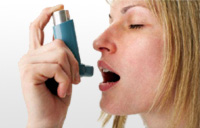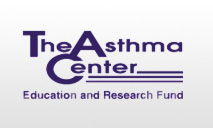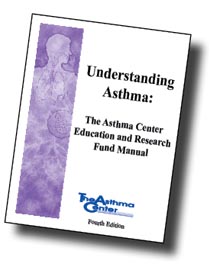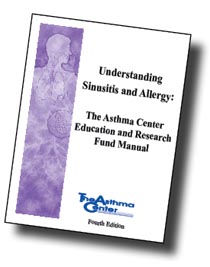What medications should I avoid?
Certain medications are likely to trigger an asthmatic attack. A group of drugs which should be strictly avoided by asthmatic sufferers are beta-blockers. Beta-blockers are used to treat high blood pressure, some forms of heart disease, migraine headaches, glaucoma and to prevent cardiovascular disease. They may also be used in hyperactive thyroid disorders.
Sometimes beta-blockers are prescribed when you have no obvious asthmatic symptoms, and then you subsequently develop asthmatic symptoms while on this medication. In such a case, the potential for asthma had been present, but it required a beta-blocker to bring it out. If you require beta-blockers, you should consult your asthma specialists regarding this matter.
Another group of antihypertensive medications called ACE inhibitors (e.g.Vasotec®, Capoten®) also may cause you to cough and should be avoided if an acceptable alternative is available.
A minority of asthmatic individuals have a worsening of symptoms if they take aspirin or other nonsteroidal anti-inflammatory drugs (e.g. Advil®, Motrin® and Naprosyn®). Aspirin hypersensitivity is suspected in asthmatic individuals with chronic sinusitis and nasal polyps. If you need to know whether you are aspirin sensitive, an aspirin challenge can be performed under controlled conditions.
There are other circumstances in which medications used for asthma may interact with medications prescribed for other conditions. These drug interactions can best be avoided by reviewing all of your medications with your asthma specialist during your follow-up visits. If you ever have a doubt or a question about whether a newly prescribed medication may interfere with your asthma medication, contact your asthma specialist.



